BRADFORD, UK: Unlike bones, children’s teeth continue to grow during periods of undernourishment and record high nitrogen values, providing a kind of archive of diet and health. A new study analysing the primary teeth of Anglo-Saxon children has found them to be more reliable an indicator of the effects of diet and health than bone is, and could help identify modern children at highest risk of conditions such as obesity and heart disease.
For the study, researchers from the University of Bradford looked at children’s skeletons from a tenth century site in Northamptonshire in England. The skeletons came from a group that was known to have been undernourished, which limited the growth of their bones and thus limited the evidence able to be gathered from bone analysis alone.
By analysing dentine from the primary teeth of the skeletons, the research team was able to create a picture of the development of these children from the third trimester of pregnancy onwards. They were also able to look at children of different ages to see if those who survived the first 1,000 days from conception, a period during which factors such as height are determined, had different biomarkers for stress than those who died during this period.
“This is the first time that we have been able to measure with confidence the in utero nitrogen values of dentine,” said Dr Julia Beaumont, lecturer in biological anthropology at the University of Bradford’s School of Archaeological and Forensic Sciences and co-author of the study.
“We find that when bone and teeth form at the same time, bone doesn’t record high nitrogen values that occur during stress. Our hypothesis is that bone isn’t growing but teeth are. So archaeology can’t rely on the evidence from bones alone because bone is not forming and recording during high stress and we can’t be sure, for example, of the age of a skeleton. Teeth are more reliable as they continue to grow even when a child is starving,” she continued.
“There is a growing consensus that factors such as low birth weight have a significant impact on our likelihood of developing conditions such as heart disease, diabetes and obesity and that the first 1,000 days from conception onwards set our ‘template’. By analysing the milk teeth of modern children in the same way as the Anglo-Saxon skeletons, we can measure the same values and see the risk factors they are likely to face in later life, enabling measures to be taken to mitigate such risks,” Beaumont explained.
The study, titled “Comparing apples and oranges: Why infant bone collagen may not reflect dietary intake in the same way as dentine collagen”, was published on 6 September 2018 in the American Journal of Physical Anthropology ahead of inclusion in an issue.
Tags:
YORK, UK: Fear of the dentist is something some people suffer from more than others. With multiple reasons for dental anxiety and its effects, there is ...
LONDON, UK: Though the relative benefits of chewing gum are often subject to debate, a number of studies have shown that the sugar-free varieties can ...
PHILADELPHIA, U.S.: Stem cell research has been central to many developments in medicine. In a new study, scientists have investigated whether stem cells ...
WÜRZBURG, Germany: Advances in 3D-printing technology have the potential to transform how future dentists learn practical skills. A new study has ...
HOUSTON, U.S.: A new pilot study has suggested that botulinum toxin might be a feasible way to treat people suffering from bruxism. In the double-blind ...
HOUSTON, U.S.: A new pilot study has suggested that botulinum toxin might be a feasible way to treat people suffering from bruxism. In the double-blind ...
AMMAN, Jordan: As artificial intelligence continues to expand its role in healthcare, large language models such as ChatGPT are increasingly being used to ...
BIRMINGHAM, Ala, U.S.: Known to cause several cancers, human papillomaviruses (HPV) are contracted by around 12,000 people—aged between 15 and 24—each ...
Indianapolis, US: Sjögren’s syndrome is a chronic autoimmune disease that can affect the entire body including the teeth. Since diagnosing the disease ...
NEW YORK, US: Oral tumours can cause agonising pain and thus greatly impair the quality of life of patients. Researchers from the New York University ...
Live webinar
Tue. 3 March 2026
8:00 pm EST (New York)
Dr. Vasiliki Maseli DDS, MS, EdM
Live webinar
Wed. 4 March 2026
12:00 pm EST (New York)
Munther Sulieman LDS RCS (Eng) BDS (Lond) MSc PhD
Live webinar
Wed. 4 March 2026
1:00 pm EST (New York)
Live webinar
Wed. 4 March 2026
8:30 pm EST (New York)
Lancette VanGuilder BS, RDH, PHEDH, CEAS, FADHA
Live webinar
Fri. 6 March 2026
3:00 am EST (New York)
Live webinar
Tue. 10 March 2026
4:00 am EST (New York)
Assoc. Prof. Aaron Davis, Prof. Sarah Baker
Live webinar
Tue. 10 March 2026
8:00 pm EST (New York)
Dr. Vasiliki Maseli DDS, MS, EdM



 Austria / Österreich
Austria / Österreich
 Bosnia and Herzegovina / Босна и Херцеговина
Bosnia and Herzegovina / Босна и Херцеговина
 Bulgaria / България
Bulgaria / България
 Croatia / Hrvatska
Croatia / Hrvatska
 Czech Republic & Slovakia / Česká republika & Slovensko
Czech Republic & Slovakia / Česká republika & Slovensko
 France / France
France / France
 Germany / Deutschland
Germany / Deutschland
 Greece / ΕΛΛΑΔΑ
Greece / ΕΛΛΑΔΑ
 Hungary / Hungary
Hungary / Hungary
 Italy / Italia
Italy / Italia
 Netherlands / Nederland
Netherlands / Nederland
 Nordic / Nordic
Nordic / Nordic
 Poland / Polska
Poland / Polska
 Portugal / Portugal
Portugal / Portugal
 Romania & Moldova / România & Moldova
Romania & Moldova / România & Moldova
 Slovenia / Slovenija
Slovenia / Slovenija
 Serbia & Montenegro / Србија и Црна Гора
Serbia & Montenegro / Србија и Црна Гора
 Spain / España
Spain / España
 Switzerland / Schweiz
Switzerland / Schweiz
 Turkey / Türkiye
Turkey / Türkiye
 UK & Ireland / UK & Ireland
UK & Ireland / UK & Ireland
 Brazil / Brasil
Brazil / Brasil
 Canada / Canada
Canada / Canada
 Latin America / Latinoamérica
Latin America / Latinoamérica
 USA / USA
USA / USA
 China / 中国
China / 中国
 India / भारत गणराज्य
India / भारत गणराज्य
 Pakistan / Pākistān
Pakistan / Pākistān
 Vietnam / Việt Nam
Vietnam / Việt Nam
 ASEAN / ASEAN
ASEAN / ASEAN
 Israel / מְדִינַת יִשְׂרָאֵל
Israel / מְדִינַת יִשְׂרָאֵל
 Algeria, Morocco & Tunisia / الجزائر والمغرب وتونس
Algeria, Morocco & Tunisia / الجزائر والمغرب وتونس
 Middle East / Middle East
Middle East / Middle East
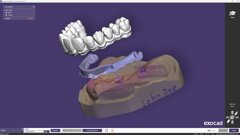


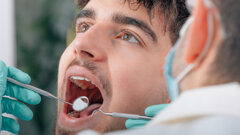
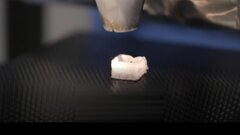
















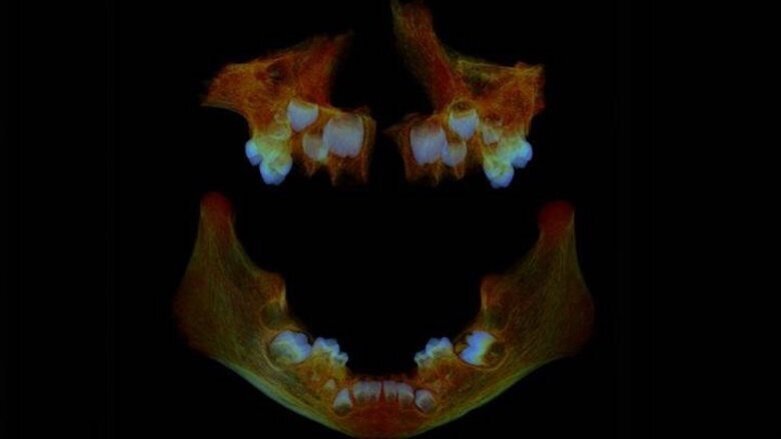






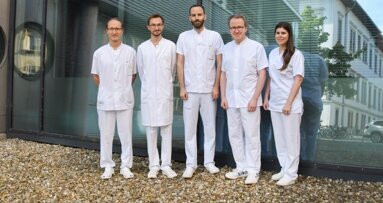



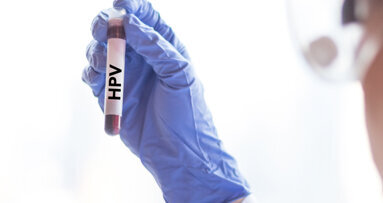
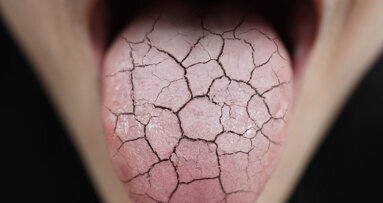









To post a reply please login or register